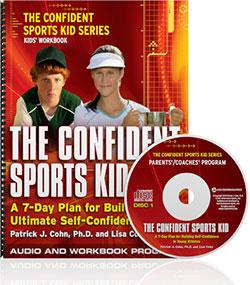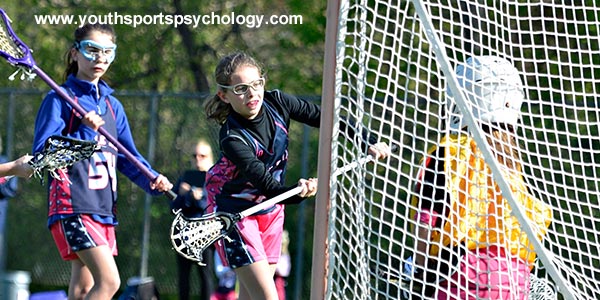New Rules Don’t Undermine Kids’ Mental Game Skills
New concussion rules and regulations can build respect in young athletes for their opponents. In addition, the rules don’t hurt kids’ other mental game skills.
That’s the word from Thomas Heiden, who played college hockey at Notre Dame and has coached many different sports for a few decades. He’s also a trial lawyer with Latham and Watkins and has tried high-profile sports lawsuits, including a high school concussion class action lawsuit.
Regulations that are designed to reduce the potential for head injuries and concussions include taking kids out of games after a head bump and asking them to submit to a protocol to determine if they had a concussion, he said during an interview with our Ultimate Sports Parent podcast. In addition, the youth sports industry is seeing rule changes to prevent kids from leading with the head or helmet.
“Today in football there’s very little tackling or blocking. This focus puts a premium on kids showing respect for their opponents,” with less focus on trying to hurt them, he said.
Respecting Your Opponents
Meanwhile, these new rules don’t undermine kids’ mental game skills, including determination, focus and intensity, Heiden said. While teams are focusing more on safety, kids aren’t pulling back on the skills that improve their confidence and performance.
Not only are kids’ learning to respect others as a result of participating in youth sports, said Heiden. They’re also learning life skills that boost their performance, just as he did playing youth sports.
“I’ve always thought participation in sports nurtured focusing on important goals and objectives,” he said. This helps kids succeed in sports–and life.
Young athletes are less likely to realize these benefits if parents and coaches pressure them too much, said Heiden.
“Focus on goals that are in the best interest of your kid,” he said. Look for coaches who focus on skill development and fun, rather than drilling kids too much.
Parents also need to be aware of the “explosion of money” in youth sports. This can make y9outh sports expensive and reduce access to sports for kids in lower-income neighborhoods.
Overall, youth sports can teach kids to support one another–an important life skill. “It’s easier if we like each other and want teammates to succeed. We are more likely to succeed,” said Heiden.
Listen to the entire podcast below:
Help your young athletes build confidence and success in sports!
Related Kids Sports Psychology Articles:
- The Link Between Sports Kids’ Mental Game and Mental Health
- How Sports Kids’ Mental Game Affects College Recruitment
- This Pro’s Mental Game Helped Her Overcome Physical Limitations
*Subscribe to The Sports Psychology Podcast on iTunes
*Subscribe to The Sports Psychology Podcast on Spotify
The Confident Sports Kid

When kids lack confidence, they doubt themselves, stop taking risks, play tentatively, and are hard on themselves. As a result, kids often lose their motivation to improve. Ultimately, these barriers keep them from enjoying sports and making the most of their physical talent.
“The Confident Sports Kid” program is actually two programs: one that teaches sports parents how to boost their kids’ confidence, and another that teaches young athletes age 8 to 18 how to improve their self talk, avoid negative thinking, overcome expectations that limit confidence, and much more. The program will help kids boost their confidence in sports and life…and enjoy sports more.

